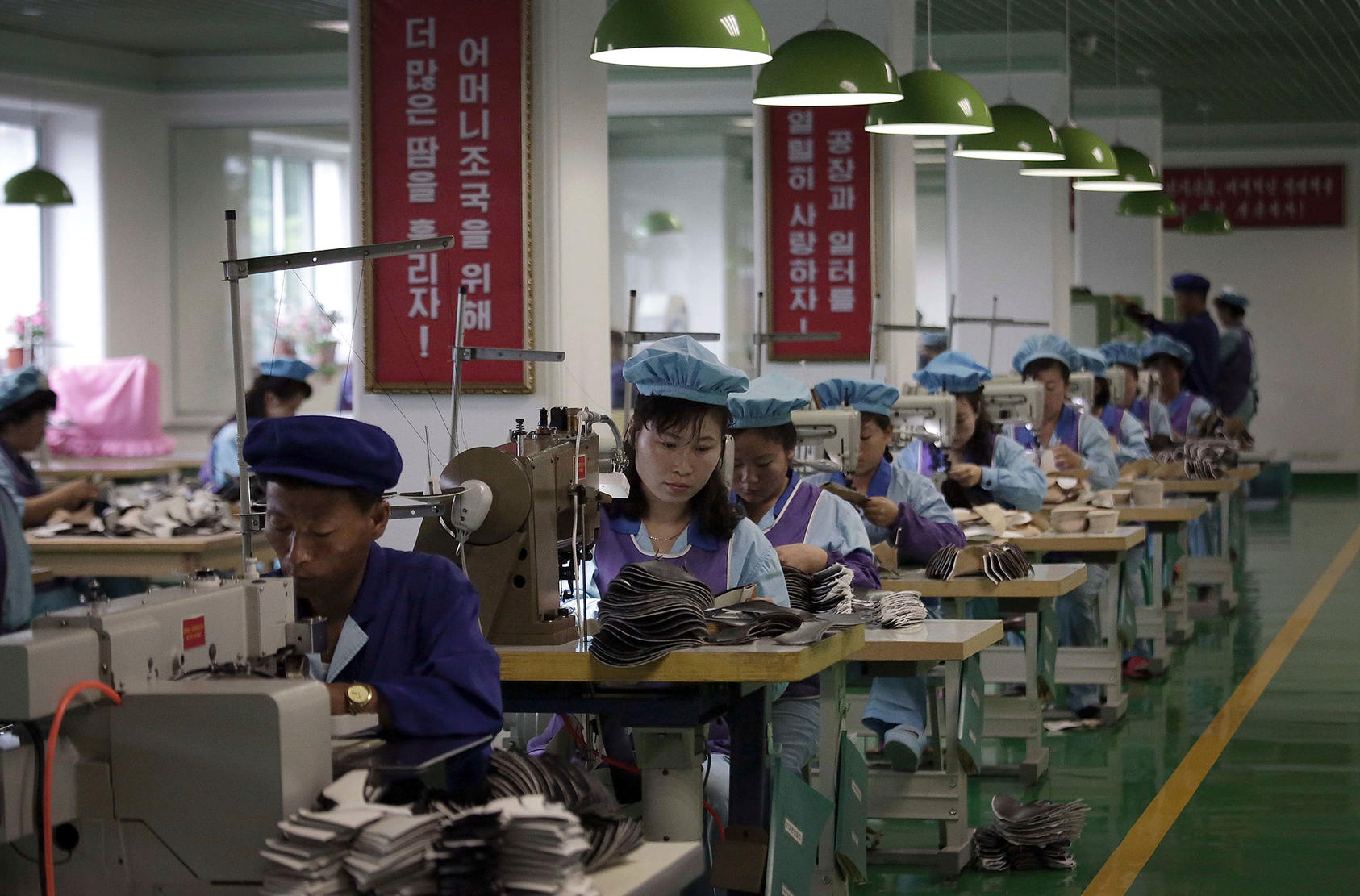Removing Sanctions on North Korea: Challenges and Potential Pathways
Sanctions have been a key part of US and international policy toward North Korea since the Korean War. In more recent decades, sanctions have been used to deter North Korea from pursuing nuclear weapons and ballistic missiles programs. This report describes the impact sanctions have had on North Korea and examines the question of whether a different approach—one focused on sanctions relief and removal—might better facilitate long-term peace and stability on the Korean Peninsula.

Summary
- As North Korea’s nuclear weapons and ballistic missile programs have advanced, the international community has increasingly used both multilateral UN sanctions and unilateral sanctions by individual countries to exact a cost and compel Pyongyang to reach a negotiated solution.
- Although sanctions appear to be effective in curtailing Pyongyang’s licit income generation, other metrics suggest they are not as effective in changing its behavior.
- Developing a process for sanctions relief and removal will be one of the most complex issues in negotiating the dismantlement of North Korea’s nuclear weapons programs. Without a credible and acceptable pathway for effective sanctions relief, North Korea will have minimal incentive.
- At the same time, the international community must maintain sufficient economic leverage through sanctions to ensure that Pyongyang fulfills its dismantlement commitment.
- Negotiators should consider starting with limited interim agreements. If those initial agreements are successful, the parties should pursue more comprehensive negotiations.
- A viable long-term agreement will also require support from Congress. The administration should work closely with Congress throughout the negotiation process and submit legislation to codify any new agreement and remove any US sanctions that conflict with it.
About the Report
This report examines various pathways and challenges related to providing multilateral sanctions relief to North Korea as part of an agreement to dismantle its weapons of mass destruction programs, and the requirements for suspending and removing US unilateral sanctions. The report was commissioned by the North Korea program at the United States Institute of Peace.
About the Author
Troy Stangarone is senior director and fellow at the Korea Economic Institute (KEI) in Washington, DC, where he oversees KEI’s trade- and economics-related initiatives. He is a regular columnist for the Korea Times and a contributing author to The Diplomat, and writes frequently on US-Korea relations, South Korean trade and foreign policy, and North Korea. Prior to his work at KEI, he worked for US Senator Robert Torricelli on foreign affairs and trade issues.



